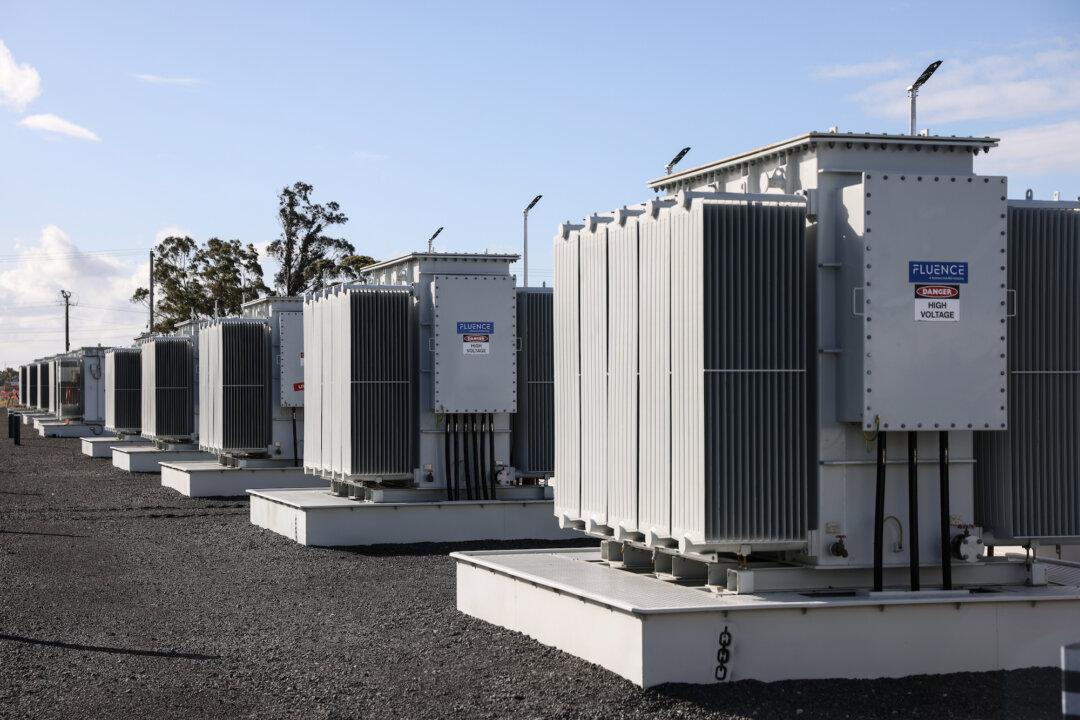University of New South Wales (UNSW) researchers have discovered that people who develop long COVID are biologically different, with their immune systems uniquely responding to the virus.
UNSW’s ADAPT study was intended to observe the mental health and neurological, respiratory and cardiac functions of patients that had contracted COVID-19 to determine how the body was affected by the virus. However, the study also found that those with symptomatic long COVID still had activated immune cells.




